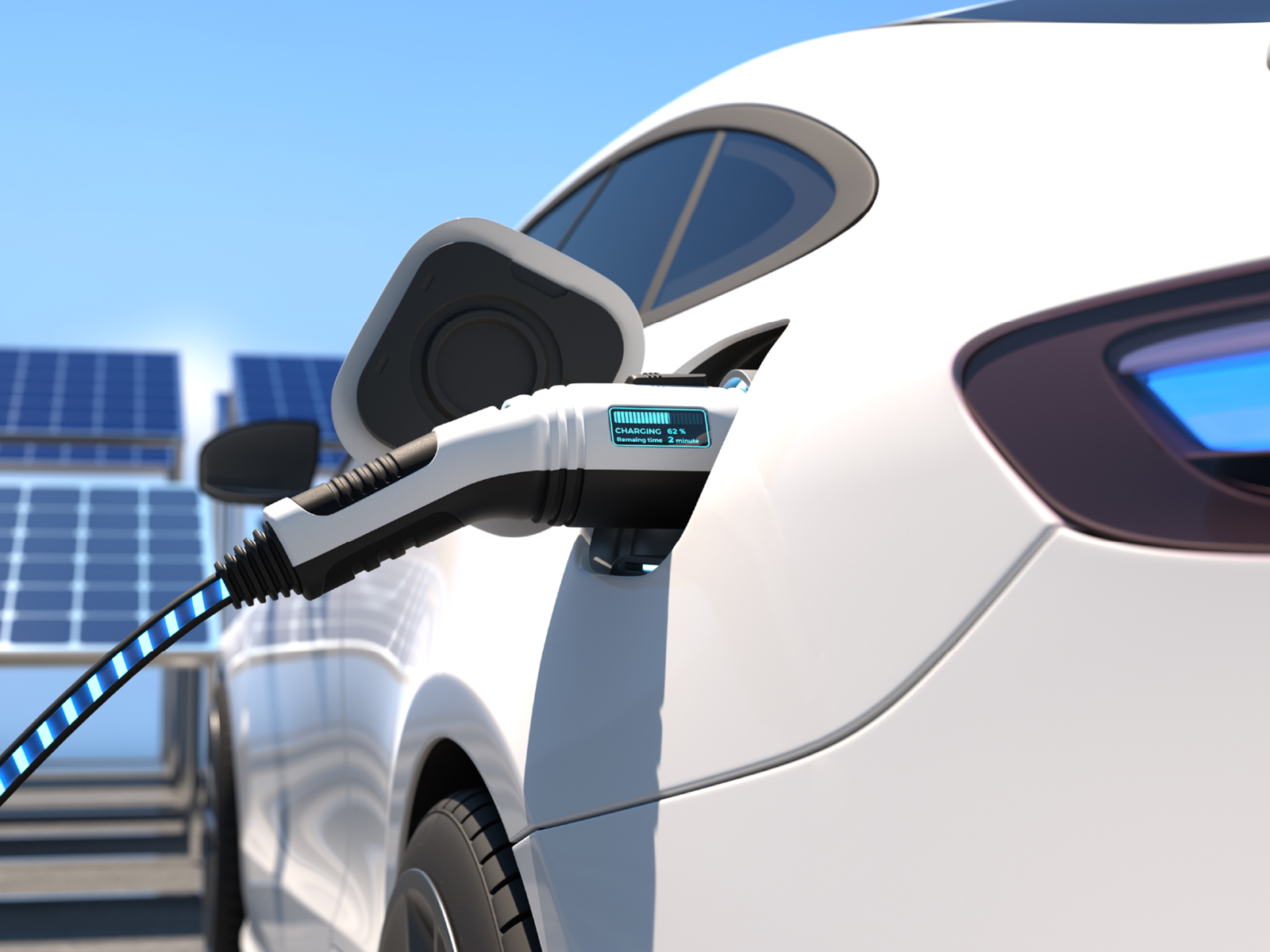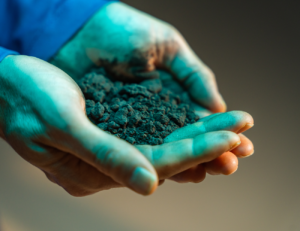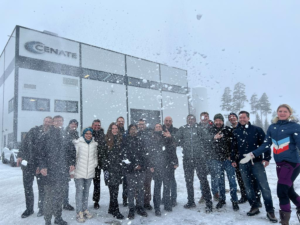For every kg used of Cenate’s materials in an EV battery, 5-7 kg of graphite can be taken out. In a battery with 100% use of Cenate’s anode materials nearly all the CO2 emissions from production of anode materials will be avoided. On top of this, the batteries will become smaller, lighter, cheaper and cleaner, and these benefits will together help accelerate the transitioning from ICE vehicles to EVs, thereby increasing the emission reductions even further.
In order to document these significant avoided CO2 emissions, Nysnø Climate Investments has conducted a climate footprint analysis of Cenate’s to-be industrialized silicon-based anode materials in a large-scale factory.
We are now proud to present the findings from Nysnø’s analysis, which concludes that a conversion from today’s typical synthetic graphite to Cenate’s new material in EV batteries will directly lower the CO2 emissions during production of the battery with as much as 93% for the active anode material being replaced.
For the first large-scale Cenate production plant, with an annual output of 10,000 tons delivering anode material to around 1.5 million new cars every year, the report predicts a direct CO2 avoidance exceeding 15 million tons of CO2-equivalents over the initial ten years of production. The indirect savings due to a faster electrification of cars due to the increased attractivity of EVs with Cenate materials, are estimated to potentially be more than 22 million tons over the same time period, and will come in addition.




